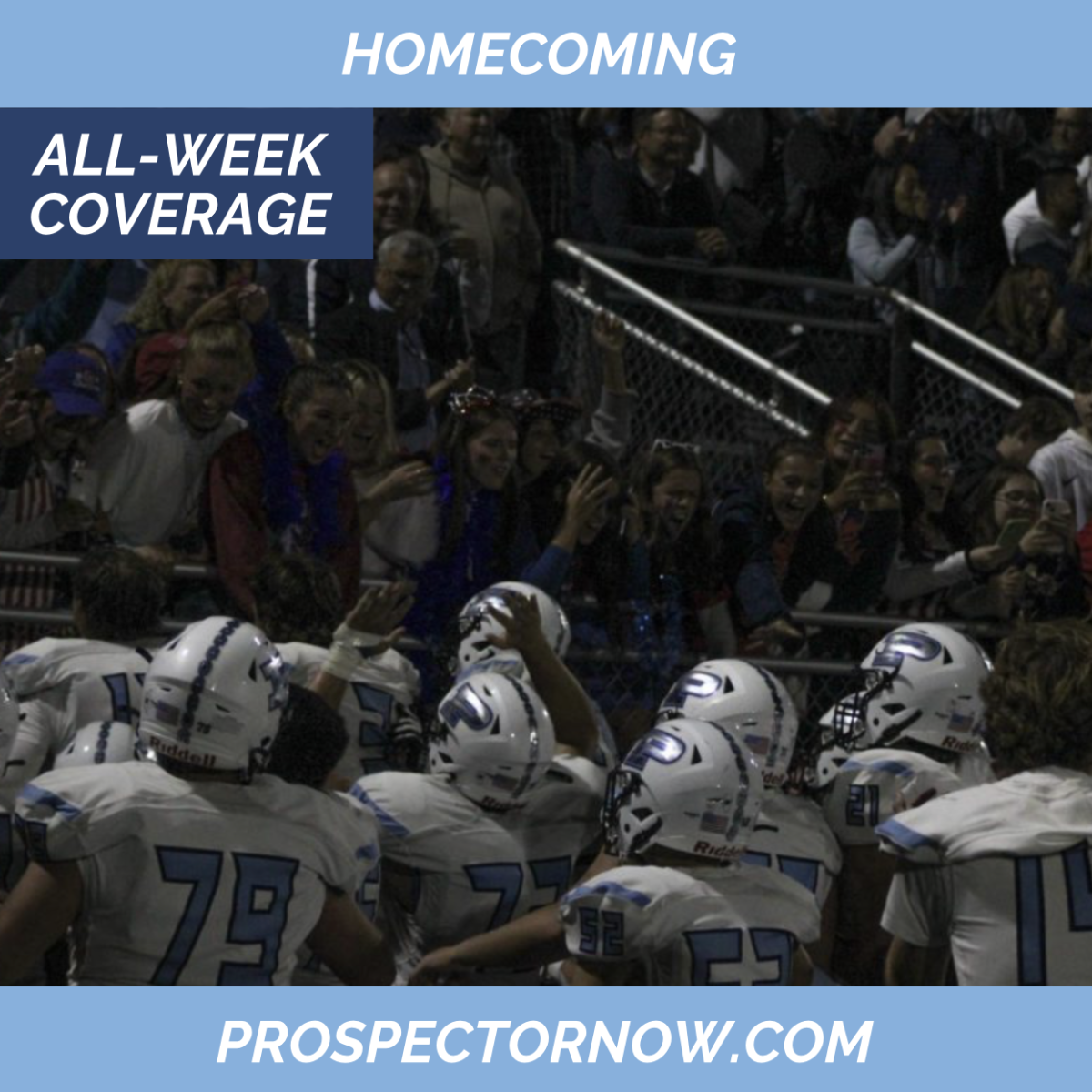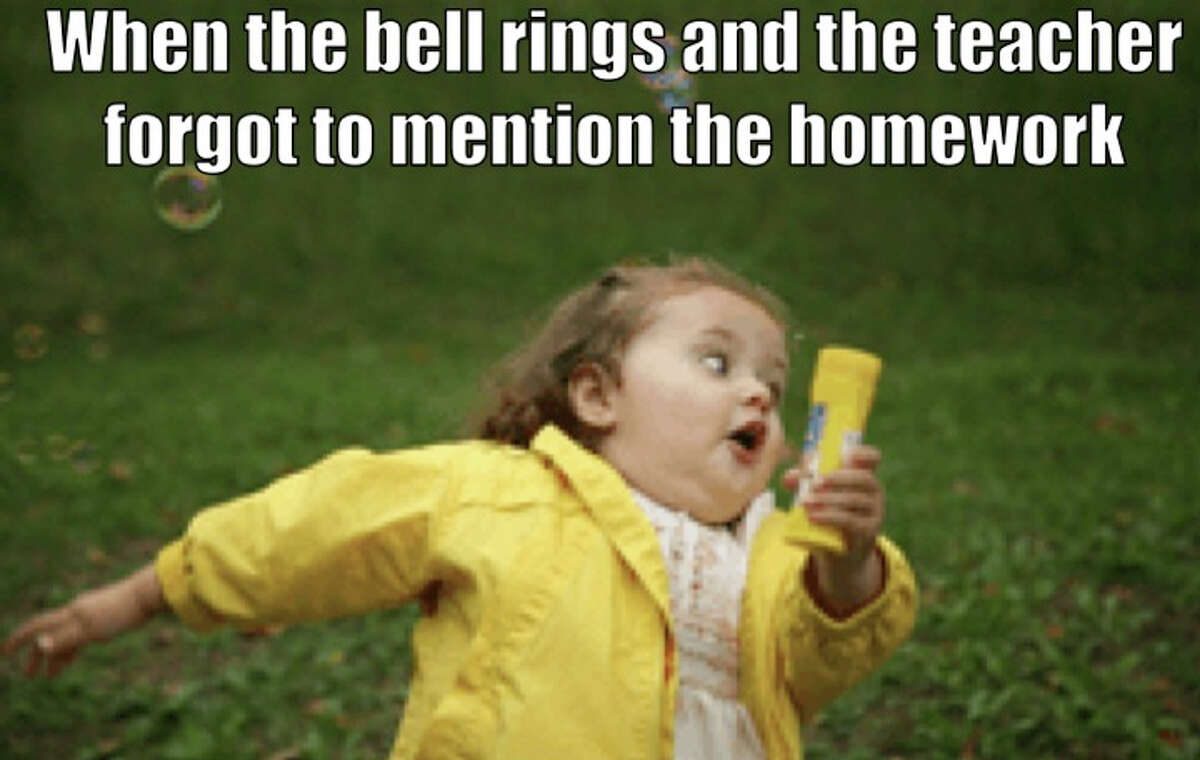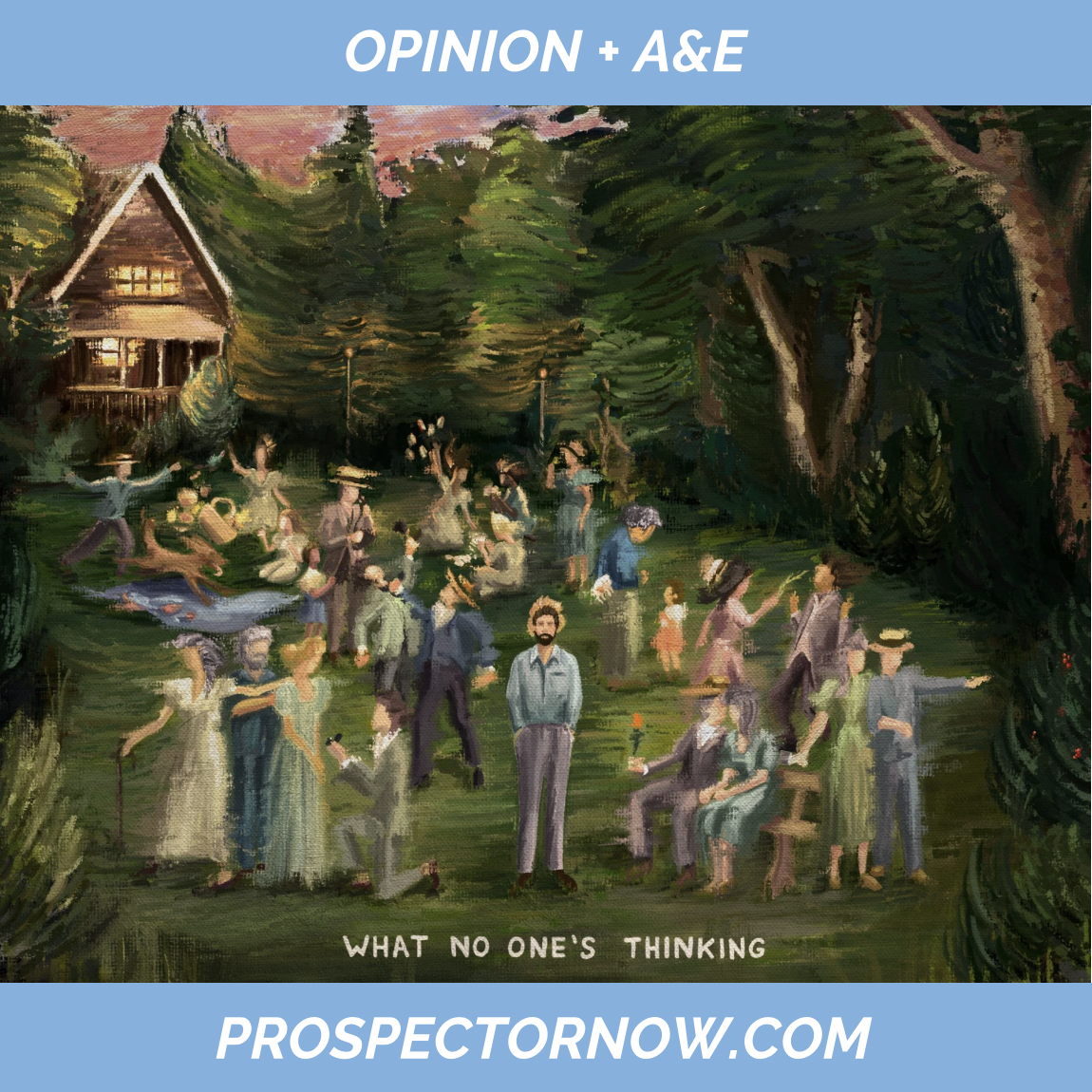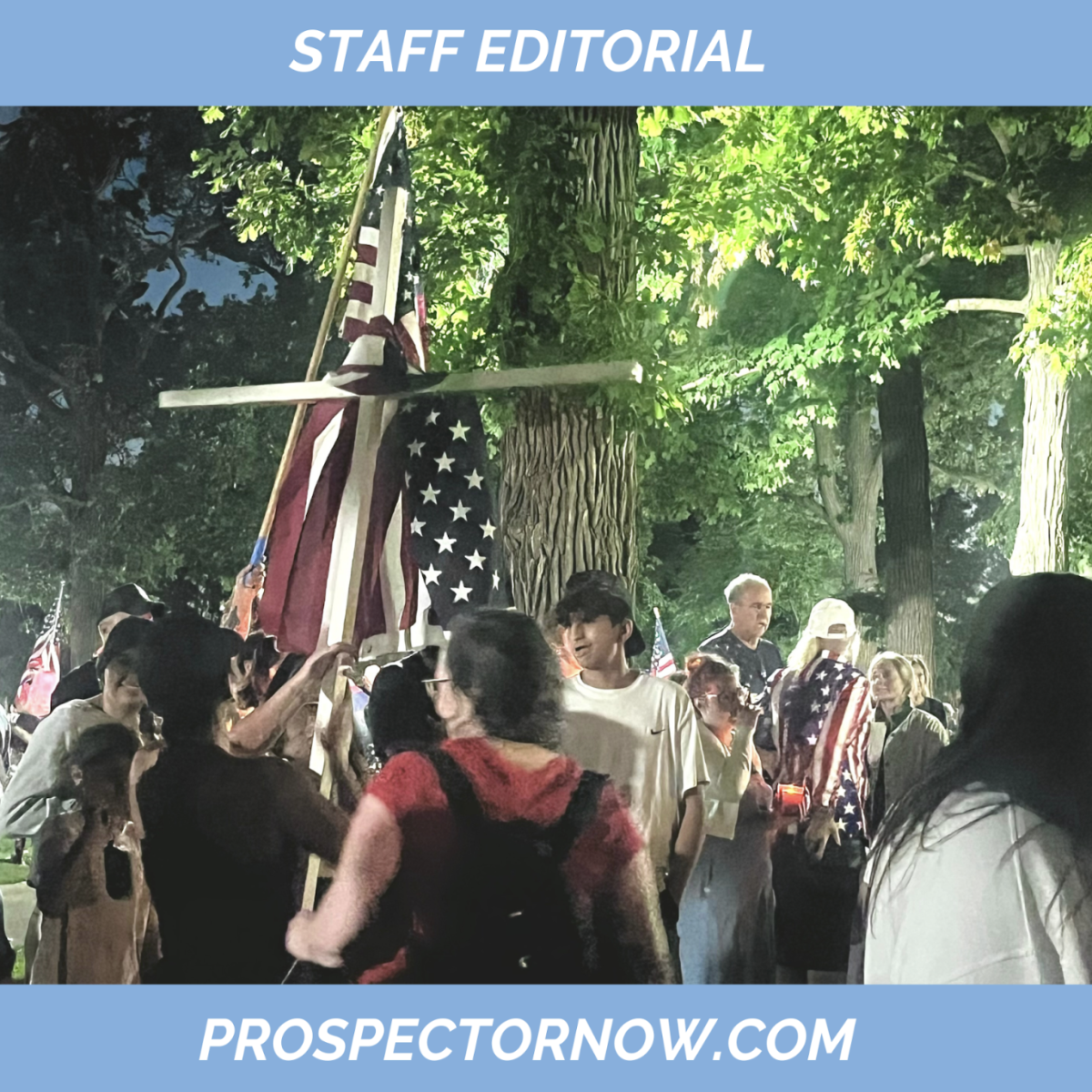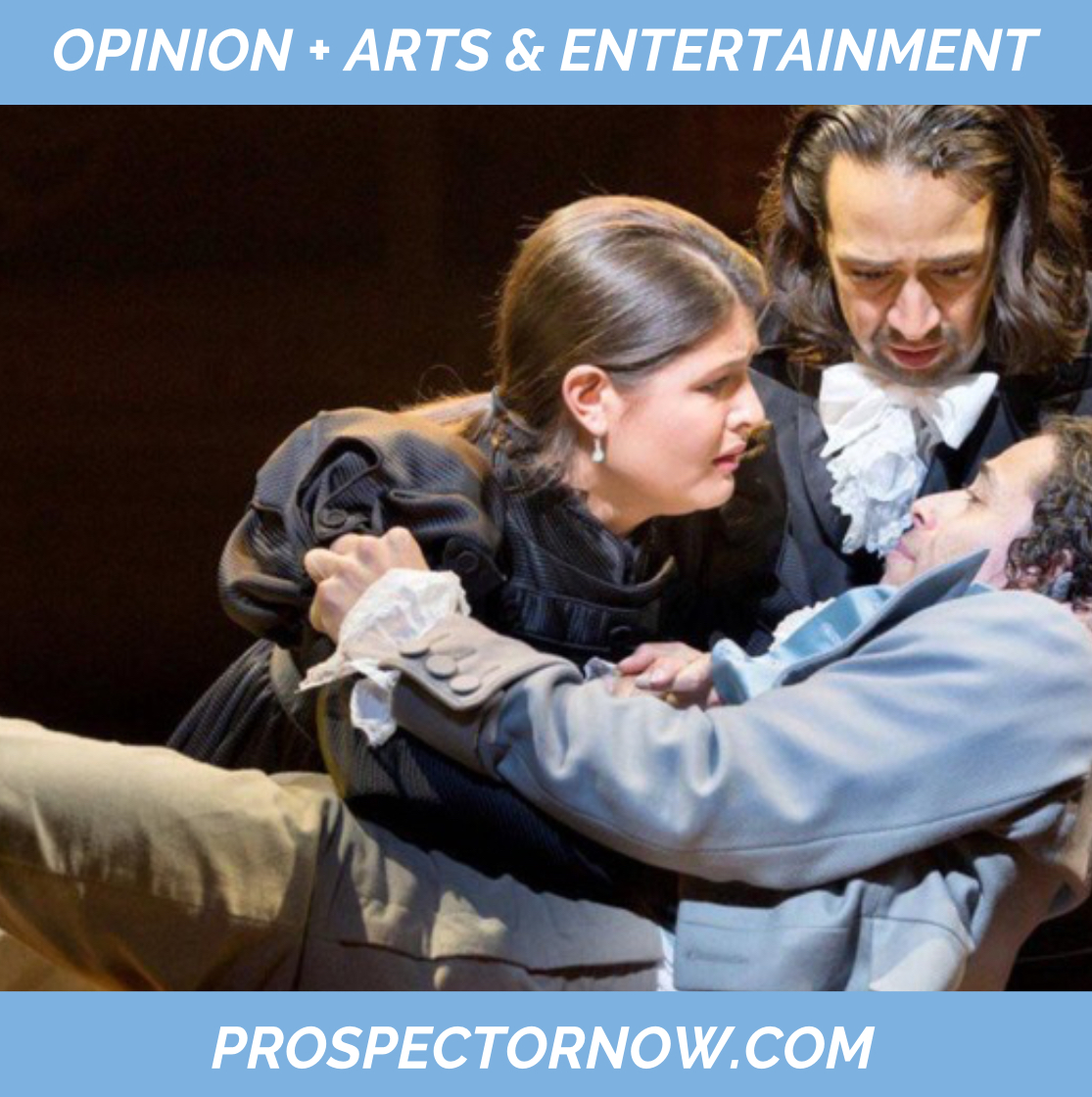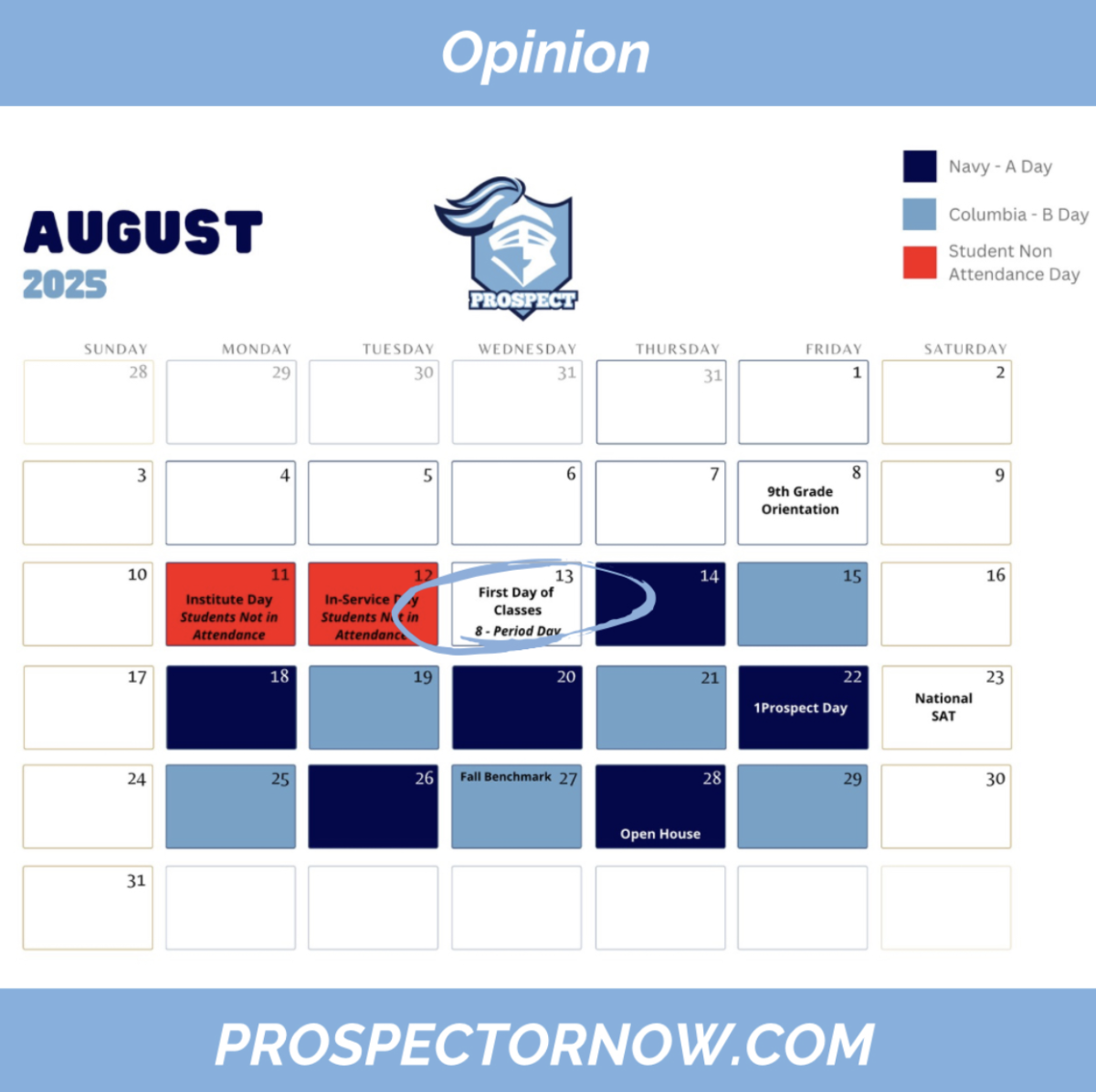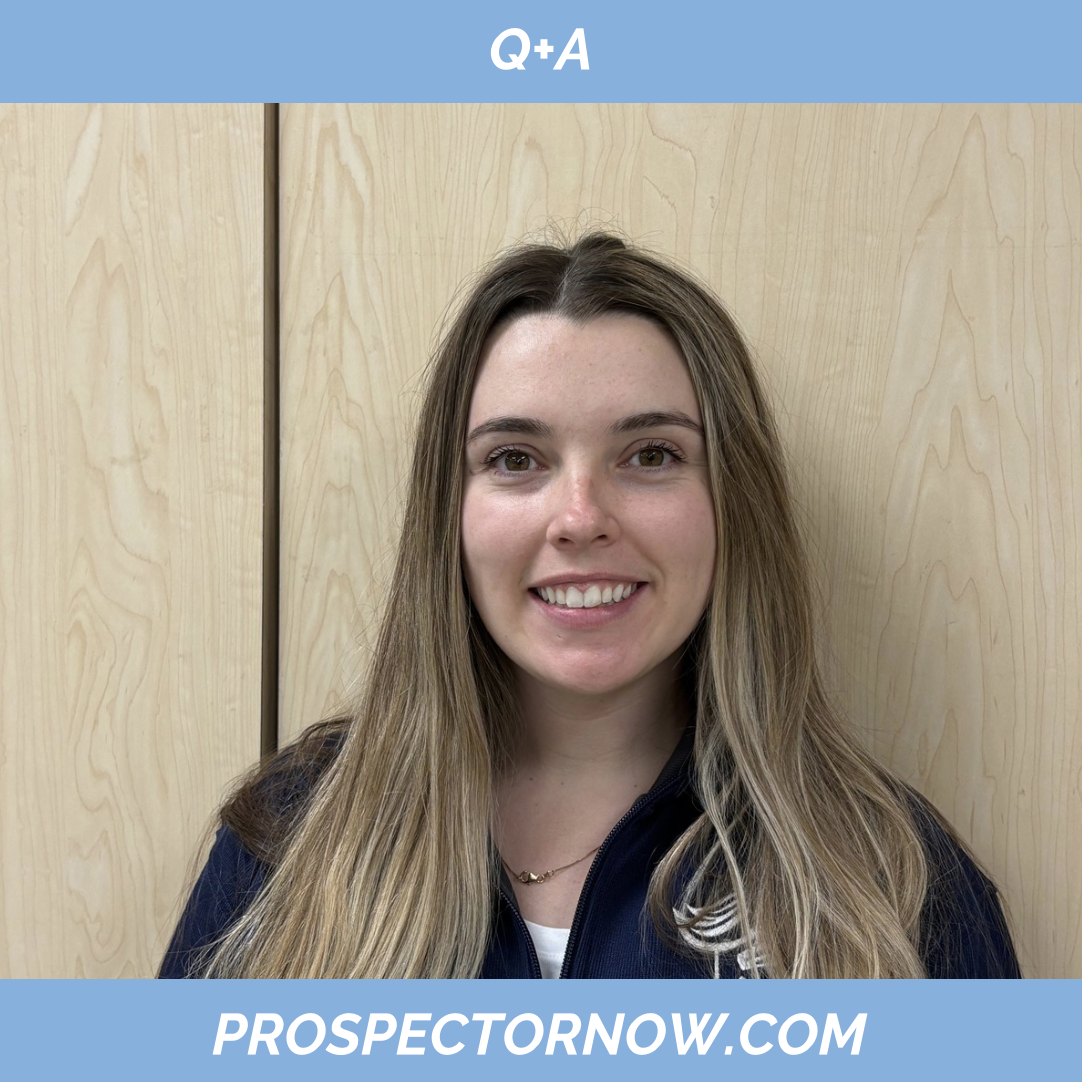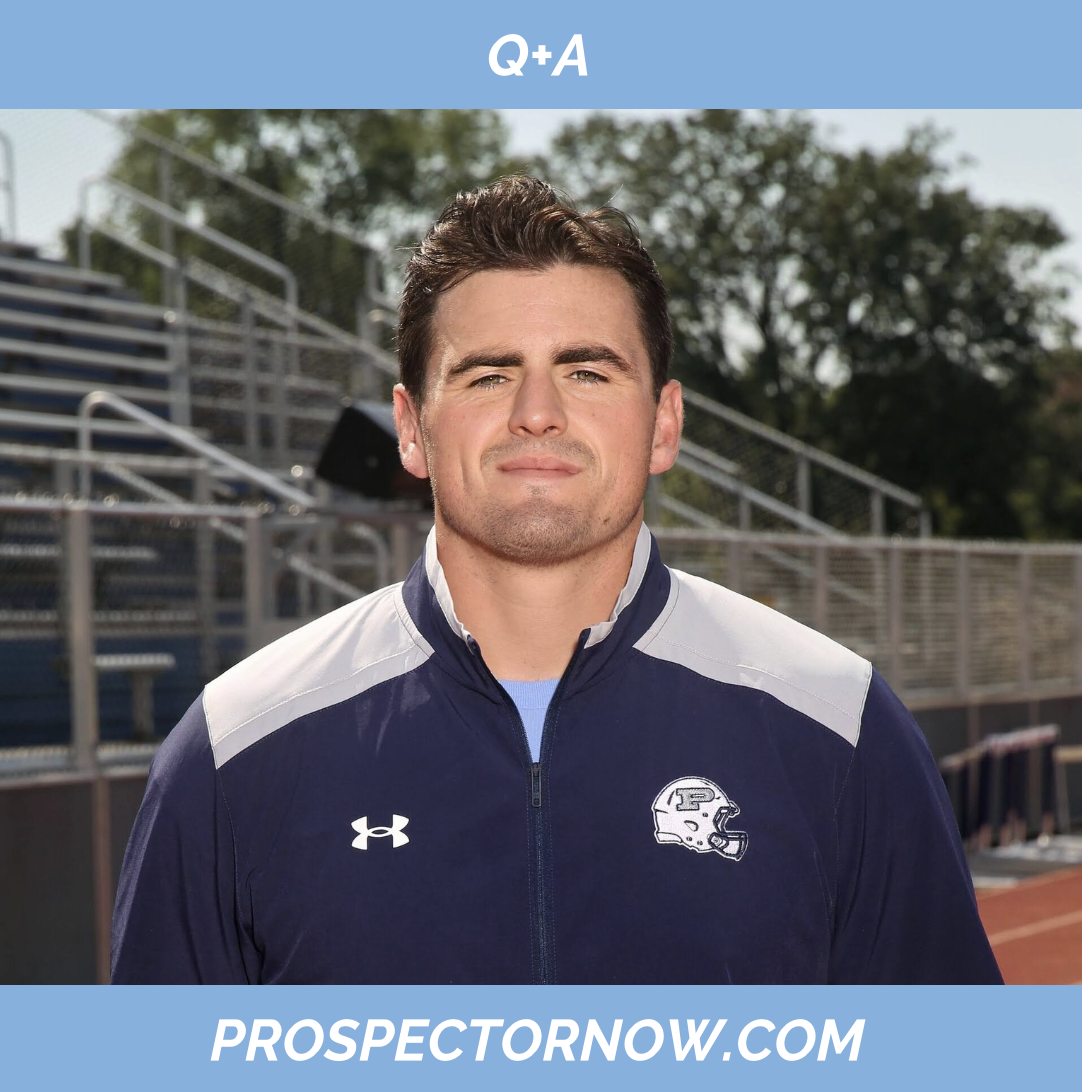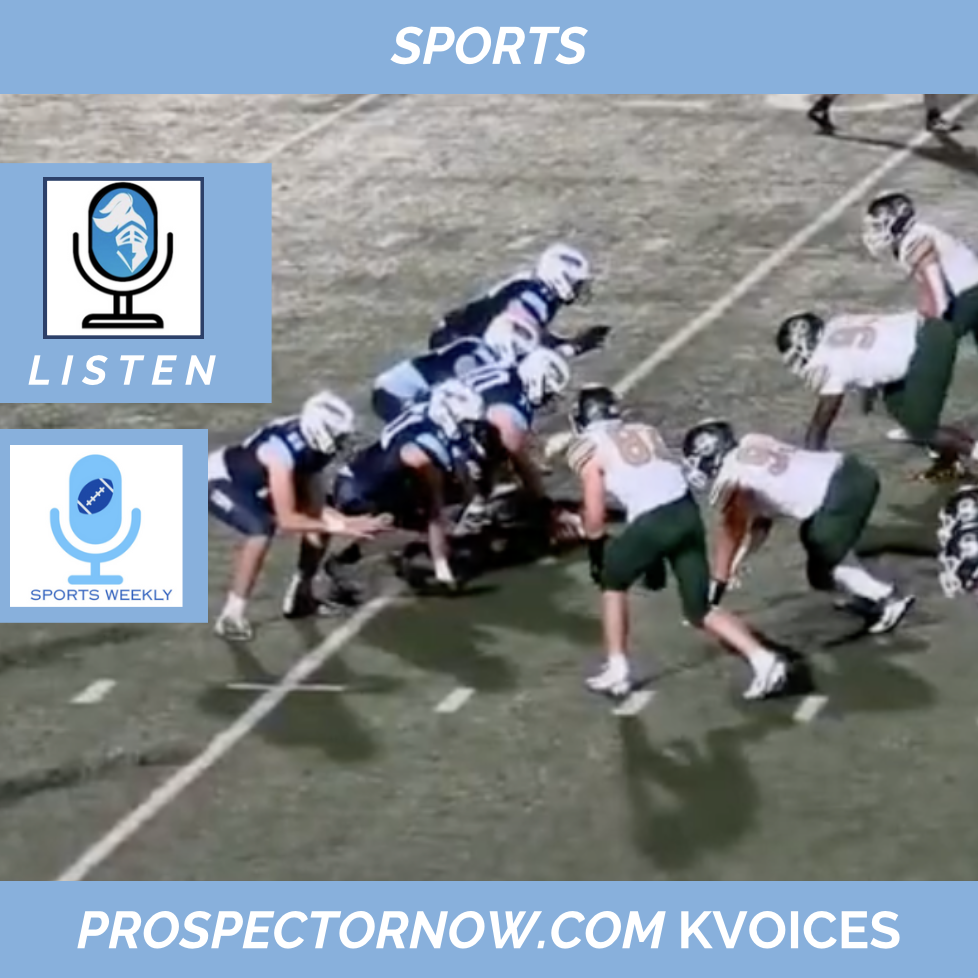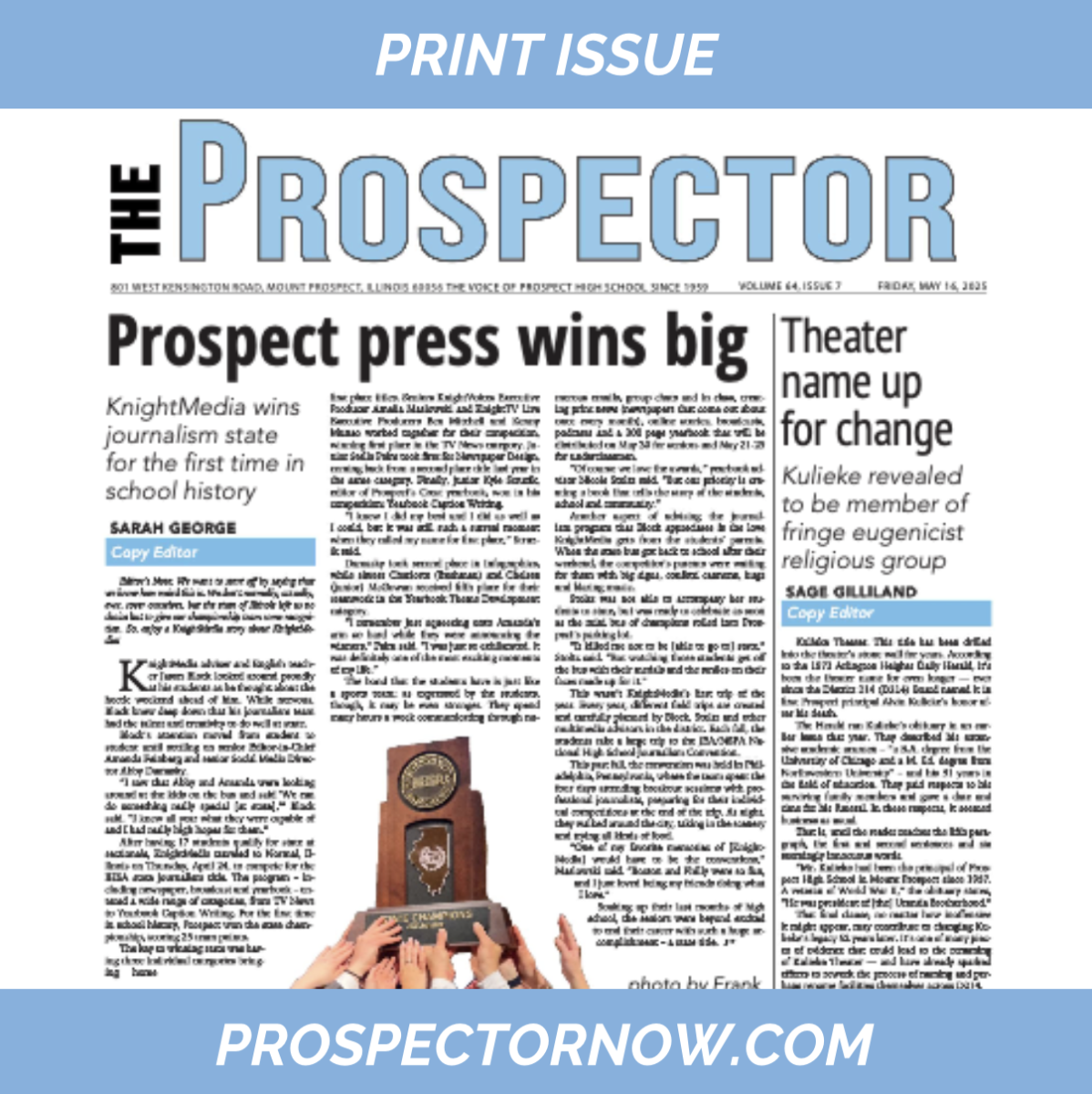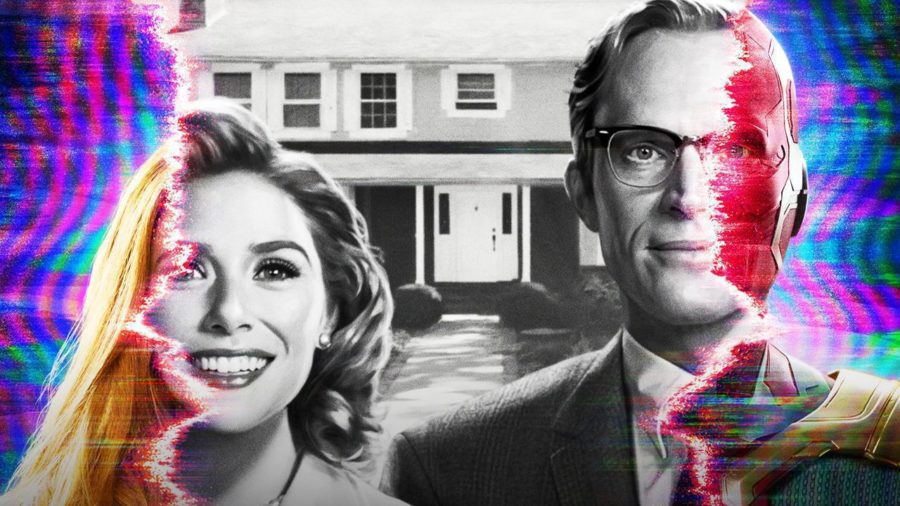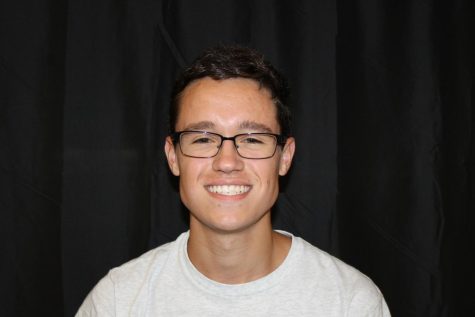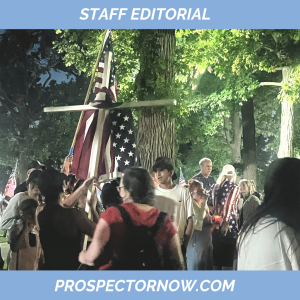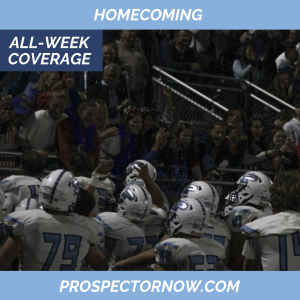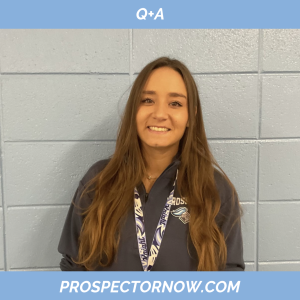WANDAVISION: MARVEL’S UNSURPRISINGLY SURPRISING GEM
March 8, 2021
I’ve always considered Scarlet Witch to be one of the most one-dimensional and unlikeable Marvel heroes ever put to page or screen. There have been innumerable plotlines where she has gone unhinged to disastrous results, from House of M to Avengers Disassembled, killing off beloved characters left and right just because “she’s sad and crazy.”
Even as a regular hero, her entire character revolves around outbursts of anger that feel uninspired and after a certain point, lazy. This is the Wanda Maximoff I expected to see and begrudgingly tolerate going into the Disney+ original series, WandaVision.
According to Looper, WandaVision was originally intended to release as the fourth entry in the MCU’s Phase 4, preceded by films Black Widow and Eternals and fellow Disney+ series The Falcon and the Winter Soldier. However, the release order was reshuffled as a result of the pandemic, leading to WandaVision unexpectedly jumping from pinch hitter to first at bat.
In retrospect, the decision was a no-brainer, as viewers will soon learn the show is set a mere month after Avengers: Endgame, and while I haven’t seen any of the aforementioned MCU projects, it’s fair to say that fans would have had to hop around in time quite a bit from entry to entry under the initial schedule.
When trailers released for a number of the upcoming Marvel series, WandaVision stuck out like, well, a sitcom amongst super heroes. No one, including myself, could discern what was happening or how the show was structured besides the main leads being Wanda Maximoff and a suspiciously not-dead Vision, leading to tempered expectations practically across the board.
The final result, however, is a charming surprise that delivers a heartfelt, unique experience I never could have dreamed of.
It should be noted beforehand that, while I won’t spoil specific details of the show, it’s nearly impossible to comprehensively review it without at least touching on plot points that are best discovered on your own.
Thus, Phase 4 kicked off over a year after the previous MCU entry, not with a bang but with more of a, “what the hell is this?,” as the series plunges viewers straight into a 1950s sitcom starring the two Avengers with no context or explanation in the slightest. While many might have been turned off by the unfamiliar and jarringly different format, the show never loses a sense of utter mystery as a sinister undertone prevails from the very beginning.
The confusing and strange premise makes dumps of information and context all the more satisfying, and it’s masterfully done in a way where, looking back, I’m hard-pressed to come up with specific moments where my understanding changed too dramatically.
Furthermore, many of the sitcom bits are, for lack of a better term, cute, and all of them felt incredibly faithful to the source material. However, much to my surprise, the real meat and potatoes of the show comes in its characters.
The obvious benefit to small-scale series like WandaVision and The Falcon and the Winter Soldier is that they give side characters not well-known or developed enough to carry a feature film a chance to flex their acting muscles outside the shadow of behemoths like Robert Downey Jr. and Chris Hemsworth. If WandaVision is anything to go by, this idea was a brilliant one, and it’s employed to its fullest potential in this series.
Rarely have I felt so personally invested in two Marvel characters, and the acting of Elizabeth Olsen and Paul Bettney as the titular duo is undeniably fantastic, whether it be in familiar sitcom hijinks or intensely emotional scenes that will hit you to the core.
Furthermore, themes of grief and tragedy so expertly play into the story and Wanda’s motivations that, for the first time, I can say that Wanda Maximoff was by far my favorite character in a Marvel property. I expected to get goosebumps while watching the intense climaxes of Avengers: Infinity War or Endgame, but the sheer emotional depth of some scenes in WandaVision gave me chills to the same extent, a shining achievement in its own right.
That’s not to put down side characters such as those played by Randall Park and most especially Kathryn Hahn, as their mere presence was often enough to put an expectant grin on my face. However, it’s clear after a full viewing that many such side characters were only inserted for one specific role in the plot, and they just sort of fade away after they’ve completed their objective, a legitimately disappointing problem when the majority are so likeable.
Another issue that formed as the show progressed was that, in episodes hovering around the 35-minute mark, it became visibly harder for the show to juggle the intrigue and suspense that propelled the plot and the light-hearted sitcom fare that the show centers on. It never served to ruin the show, but I found myself asking multiple times: “Hey, isn’t this still supposed to be a sitcom?”
The show also pulls a bait-and-switch with many seemingly significant events that, while perhaps due to over-speculation on my part, ended up being deeply unsatisfying in the grand scheme of things.
While the series could truly be nitpicked and pulled apart to no end, there’s no denying Marvel has done something special with WandaVision. They transformed a project I had little to no interest in into a triumph that left me actively counting down the days until the next episode, and in retrospect, there was never much reason for concern.
Because of course Marvel can follow up the most ambitious film crossover in history with a lighthearted sitcom to great success. Because of course Marvel can turn Scarlet Witch into one of the most compelling characters in the MCU in a couple episodes. Because of course Marvel can make a story about a witch and an android living in suburbia one of their most engrossing and character-driven tales yet. Of course they can, and they did, with WandaVision.

